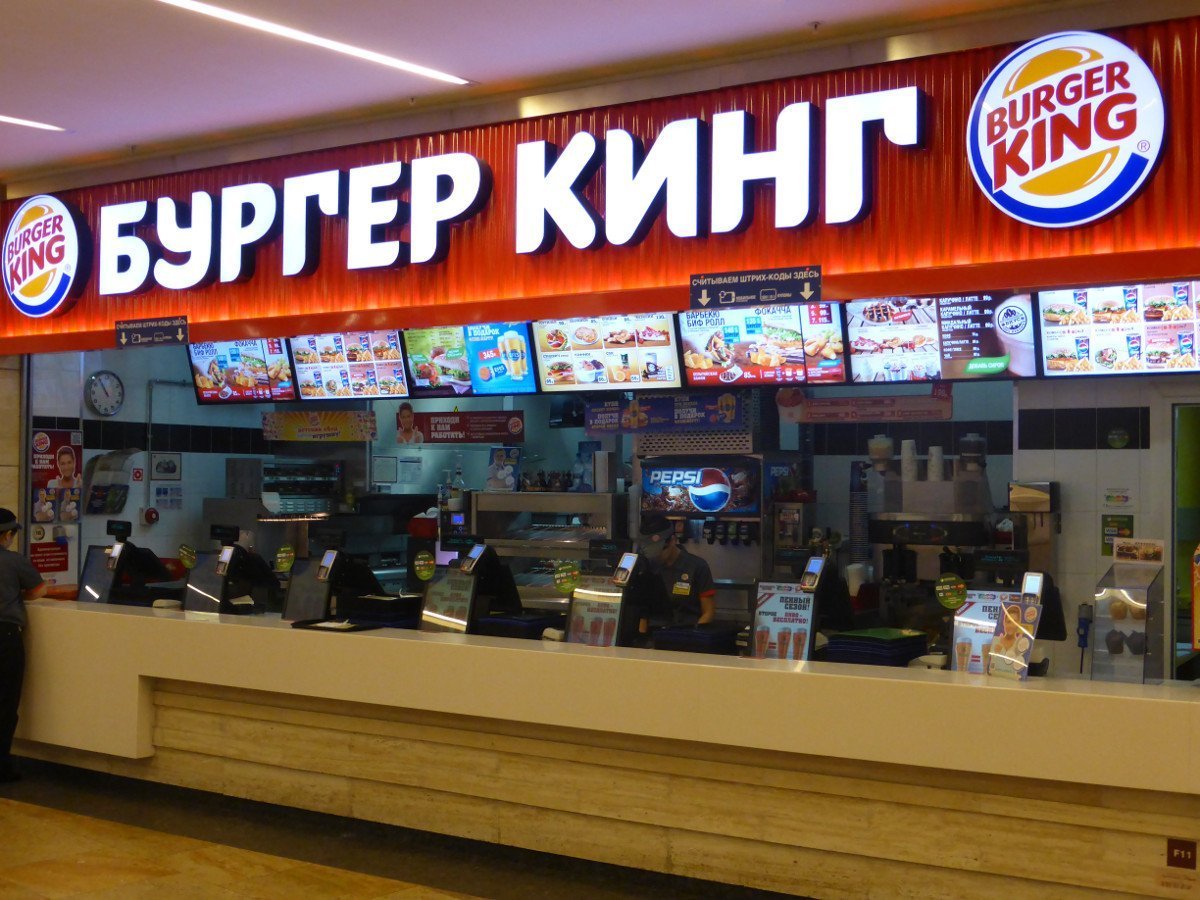It's not at all clear what you are attempting to ask. Perhaps you might elaborate on your question.
English may perhaps not be your first language, but I can't make sense out your question.
"I have some trademarks checks" - You have some trademarks checks? What are trademarks checks? Are you talking about US registered marks of some kind? Trademarks registered in the Czech Republic? Not a clue here.
"are these still valid in a translated version of the language?" Are "these" the trademarks checks? Are your trademarks checks valid? Valid for what? In a translated version of what language? Or do you mean when translated into some other language, are the trademarks valid? How do you say "Microsoft" in French?
I have a trademark, you send me a check, and I'll see if your check is valid in Portuguese. Really, I've spent two days looking at your question thinking either "Maybe this question will make sense if I have a drink" and then thinking "Well, once I'm sober again, maybe the question will make sense". Doesn't work either way.
It sounds like it might be an interesting question for a change, if I could figure out what the question might be.
Let me take a stab at some of the things you *might* be asking about.....
If you wanted to register the mark "Roi Des Burgers" for a restaurant in the US, you would be barred by the Doctrine of Foreign Equivalents, since it is French for "Burger King". The Doctrine is a little wishy-washy, and tends to be inconsistently applied, but the gist of it is whether ordinary American consumers would recognize the proposed mark as a foreign equivalent of an existing US mark. Now, when we are talking about "ordinary American consumers" we have freedom of speech here, and so there is no "official language" of the US. So the "American consumer" in this context may speak any of many common languages. Enough people know French, particularly many among US consumers of Caribbean and African communities from former French possessions that "Roi Des Burgers" would pretty much be understood as "Burger King".
Another aspect of this deals with words that are generic or descriptive in some language other than English, but are proposed to be trademarks in the US. Here, the law can get all over the map, and some people manage to sneak them by every now and then, but there are some simple examples. If you wanted to get a trademark for a brand of watch called "Reloj", then that's not going to happen. Spanish is the second most widely spoken language by US consumers, and your "Reloj" is going to be seen as simply "watch".
The languages which have become ordinarily recognized as "common" in the US through various cases is itself a reflection on the history of Americans. The USPTO Examination Guide, puts it this way on the subject of whether a language is a "common, modern language" of the US consumer:
https://www.uspto.gov/trademarks/resources/exam/examguide1_08.jsp
-----
Common, modern languages have been found to include Spanish, French, Italian, German, Chinese, Japanese, Russian, Polish, Hungarian, Serbian and Yiddish.
See, e.g., Weiss Noodle Co. v. Golden Cracknel & Specialty Co. , 290 F.2d 845, 129 USPQ 411 (C.C.P.A. 1961) (Hungarian);
In re La Peregrina , ___ USPQ2d at ___, slip op. at 9 (Spanish);
In re Joint-Stock Co. “Baik,” 80 USPQ2d at 1305 (Russian);
In re Perez , 21 USPQ2d at 1075 (Spanish);
In re Oriental Daily News, Ltd. , 230 USPQ 637 (TTAB 1986) (Chinese);
In re Ithaca Indus. , 230 USPQ at 702 (Italian);
In re Jos. Schlitz Brewing Co. , 223 USPQ 45 (TTAB 1983) (German);
In re Westbrae Natural Foods , Inc. , 211 USPQ 642 (TTAB 1981) (Japanese);
In re Optica Int’l , 196 USPQ 775 (TTAB 1977) (French);
In re Bagel Nosh, Inc. , 193 USPQ 316 (TTAB 1976) (Yiddish);
In re Hag Aktiengesellschaft , 155 USPQ 598 (TTAB 1967) (Serbian);
In re New Yorker Cheese Co. , 130 USPQ 120 (TTAB 1961) (Polish).
-----
But, that said, I have no earthly idea what you are asking, or if anything above is an answer to whatever it is.





